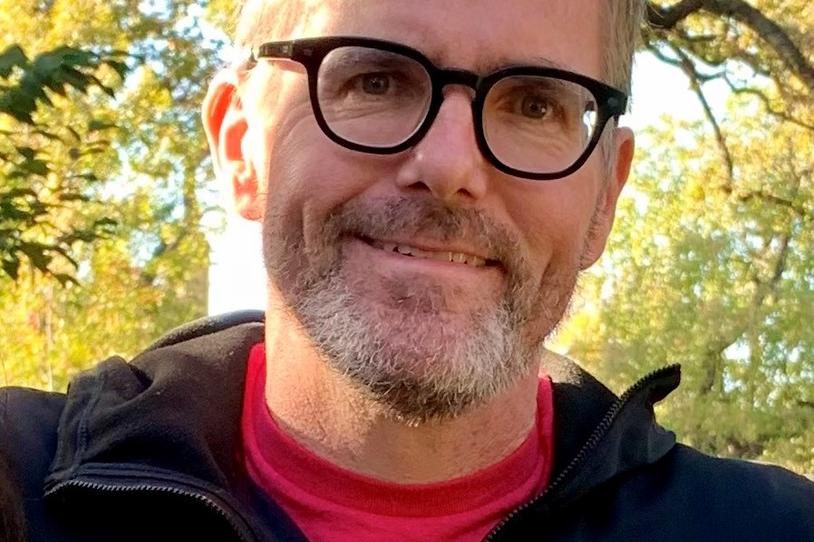
In Texas, we say, “Whatever the weather is like right now, in thirty minutes it will change.” Some days, Parkinson’s can feel a lot like the weather, as the disease progresses, symptoms, medications and daily life shift.
Recently, I became aware of another type of change that Parkinson’s may bring about, but it’s one I welcome and celebrate. I discovered that we who live with Parkinson’s can become more creative and artistically interested.
A possible reason? Dopamine — the neurotransmitter that we sometimes call the “happiness hormone” and which those with Parkinson’s are lacking.[i] Some scientists suggest that dopamine may enhance creativity, such that when those with Parkinson’s begin dopaminergic medications, they not only become more interested in creating art, but their artistic styles may expand and their creative abilities may improve.[ii] One survey of several hundred Parkinson’s patients indicated an increased desire for creative pursuits occurred in up to 20 percent of patients once they began taking dopaminergic medications.[iii]
I received a Parkinson’s diagnosis nearly five years ago, at the age of 48, and a couple of years later, when I began taking a dopamine agonist, I became more creative and interested in art. Since then, I have become even more artistic, both in the way I see the world (I notice details and intensities of color I used to miss) and in my artistic passions and pursuits, especially writing. I feel more creative, insightful, and alive when writing than I ever did before Parkinson’s.
Of course, not everyone who has PD and takes dopaminergic medications will necessarily become more creative or artistically interested, but this possibility excites me, especially given all the unwanted changes that can come with Parkinson’s. The link between Parkinson’s and creativity also lends credence to something the 19th-century philosopher Friedrich Nietzsche observed, namely, “You must have chaos within you to give birth to a dancing star.”[iv]
[i] Matthew Pelowski, Blanca T. M. Spee, Alby Richard, Paul Krauk, and Bastiaan R. Bloem, “What Parkinson’s Reveals about the Artistic Spark,” American Scientist, Vol. 108, No. 4., July-August 2020, p. 240. [ii] Ibid. [iii] Ibid. [iv] Jeffrey A. Bell, Philosophy at the Edge of Chaos: Gilles Deleuze and the Philosophy of Difference (Toronto: University of Toronto Press, 2020), 63.
Allan Cole is Deputy to the President for Societal Challenges and Opportunities at The University of Texas at Austin, where he also serves as a professor in The Steve Hicks School of Social Work, and, by courtesy, as a professor of psychiatry and behavioral sciences at the Dell Medical School. Diagnosed with Parkinson’s in 2016, at the age of 48, he is the author or editor of many books on a range of topics related to bereavement, anxiety, and spirituality. His latest book is Counseling Persons with Parkinson’s Disease (Oxford University Press, 2021). His next book, Discerning the Way: Lessons from Parkinson’s Disease (Cascade), will be published later this year. His first book of poetry, In the Care of Plenty: Poems (Resource Publications), will be published in 2022. Follow him on Twitter @PDWise.